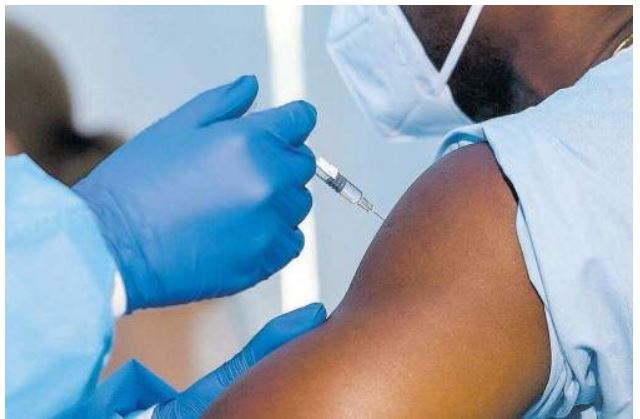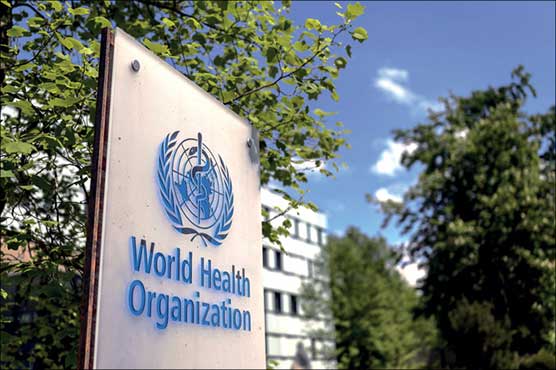Caribbean health ministers have endorsed a series of actions aimed at ensuring that all people throughout the Americas have equitable access to timely, efficient, safe, and quality health services.
The ministers are participating in the weeklong 57th Directing Council of the Pan American Health Organization (PAHO) where the Strategy and Plan of Action to Improve Quality of Care in Health Service Delivery 2020-2025, was adopted.
It sets out a people- and community-centred approach that focuses on overcoming persisting barriers to equitable access to quality care.
PAHO said health systems in the region of the Americas are characterised by high levels of segmentation and fragmentation that hinders access to quality health care services, compromises health outcomes, and results in the inefficient use of available resources.
“While countries of the Region have made progress to improve quality of care in health service delivery, mortality attributable to quality issues remains high,” said PAHO’s Dominica-born Director Dr Carissa F Etienne.
“This strategy represents a paradigm shift in how countries should approach health care and a move towards care that puts the experience of people and their communities first,” she said.
In 2007, PAHO member states adopted the Regional Policy and Strategy for Ensuring Quality of Health Care. Since then, actions have been implemented to improve quality, including through the development of policies and quality standards, the establishment of national directorates responsible for quality, and standards for health facility licensing.
PAHO said despite these initiatives, however, population surveys in some countries show that 30 per cent of people still lack access to preventive care and treatment, and of those who do receive such services, just 39 per cent consider the quality of care to be good.
“When it comes to patient safety, deaths resulting from poor-quality care remain high, ranging from 47 to 350 deaths per 100,000 people in 2014. Data show that in some countries, up to 40 per cent of hospitalisations may be preventable because they involve health problems that could be addressed in outpatient facilities, indicating deficiencies in the quality and effectiveness of the first level of care.
“Furthermore, the average public expenditure on health in the Region stands at just 4.2 per cent of gross domestic product (GDP), far below the six per cent proposed as a benchmark to improve equity and efficiency. This has both a direct and indirect impact on the quality of services provided.”
PAHO said to tackle these issues and ensure the delivery of comprehensive health services based on national contexts, needs, vulnerabilities and priorities, the Plan proposes three strategic lines of action including implementing continuous processes to improve the quality of care to people, families and communities in the delivery of comprehensive health services as well as strengthen the stewardship and governance of health systems to develop a culture of quality.
It also calls for establishing financing strategies that promote improvement in quality of care in the delivery of comprehensive health services.
“This strategy and plan of action represents an important paradigm shift in how we see equity in health care delivery in the Region,” said James Fitzgerald, PAHO’s Director of Health Systems and Services.
“A systems approach to this issue will not only improve the experience of individuals, but will also address the permanent barriers to access that remain throughout the region,” he added.
Meanwhile, the health ministers have also agreed on a plan to increase organ donations and transplants in an effort to meet demand
In 2016, over 53,000 transplants were carried out in the Americas. While this represents a 6.8 per cent increase compared to 2015, it still does not meet current needs
“Organ transplants are often effective not only in treating a disease, but they can also save costs to the health system,” said Dr Etienne, adding “this strategy is a road map to meet the growing demand for transplants caused by the increase in chronic diseases and longer life expectancy.”
In 2016, more than 182,000 people were on waiting lists for kidney transplants, and less than 10 per cent of demand for liver transplants is currently met in the region.
As part of the agreed strategy and with PAHO’s support, countries will seek to increase the availability of organs, tissues, and cells by promoting unpaid voluntary donation. They will also strengthen their health authorities in efforts to expand equitable access to quality transplants, while improving their legislation and oversight capacity in order to prevent illegal organ trafficking and “transplant tourism”.




